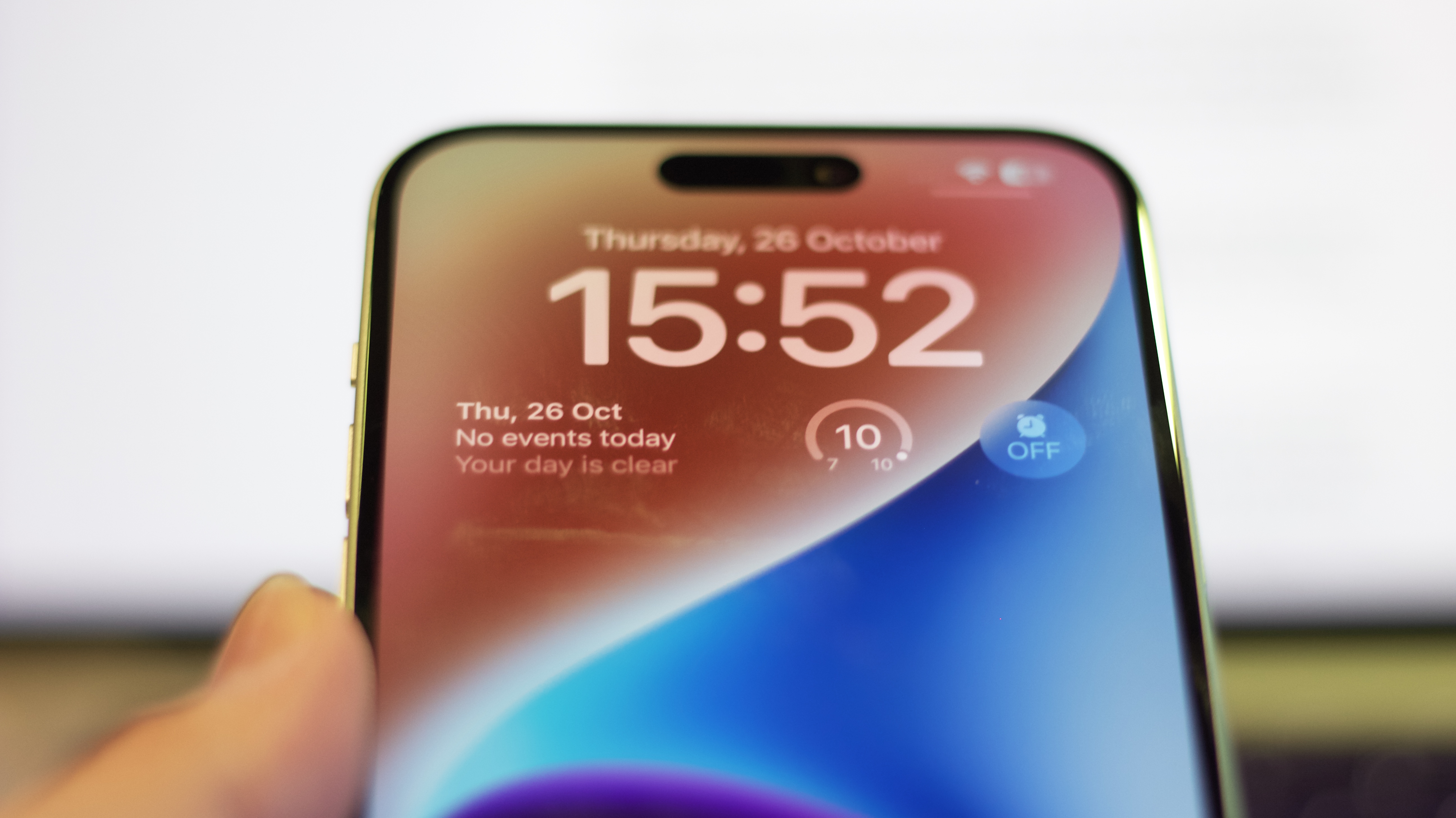
One of Apple’s key iPhone display suppliers has started “advanced development” of under-panel camera technology (UPC), which will pave the way for a “full-screen” iPhone without any notch or Dynamic Island.
As reported by The Elec, this week “LG Innotek was found to have begun advanced development of UPC,” a technology “in which the camera is located below the display, and the camera lens hole is not visible when the camera function is not in use,” and which allows “the entire screen” to be used as a display for increased immersion. The report says this development “is intended to prepare for the implementation of full-screen Apple iPhones” which are expected to be released “after 2026.”
Since the advent of the notch on the iPhone X in 2017, Apple has battled to offer users a more expansive iPhone display with thinner bezels, while retaining the power of Face ID and its front-facing camera. The most recent solution to the question is the Dynamic Island, added to the iPhone 14 Pro last year and implemented in one of Apple’s new best iPhones, the iPhone 15 in September. The ideal future would of course be a screen with no visible notches, holes, or cutouts, and several potent Android rivals like the Google Pixel and Samsung Galaxy ranges already offer far less intrusive front-facing camera solutions. This UPC development could be the breakthrough Apple has been waiting for.
UPC iPhone when?
Sadly, there’s no sign of a major UPC breakthrough coming to the iPhone 16, or even the iPhone 17. As noted, an iPhone with UPC technology isn’t tipped until “after 2026”, meaning it’s some years away. There’s also another caveat because UPC does have some drawbacks over existing camera tech in smartphones. As the report notes, “Because the UPC camera is located below the display, the amount of light transmitted to the image sensor is less than that of a regular front camera module.” Light lost as it passes through the display layer on its way to the camera sensor means “UPC is limited in high-pixel shooting or continuous shooting.”
To that end, LG is reportedly developing a special “freeform optic” lens to overcome these limitations.
The report also reveals that before UPC, Apple wants to apply Under Panel Face ID to the iPhone, this technology would mean that “the Face ID part required for user recognition on the iPhone appears as a normal display when this function is not in use.” Confusingly, the report says “the technical principle of Under Panel Face ID is the same as UPC”, but that they are two separate features.
With a release date of such tech on the iPhone apparently at least 3 years away, there’s plenty of time to unpack that mystery.







